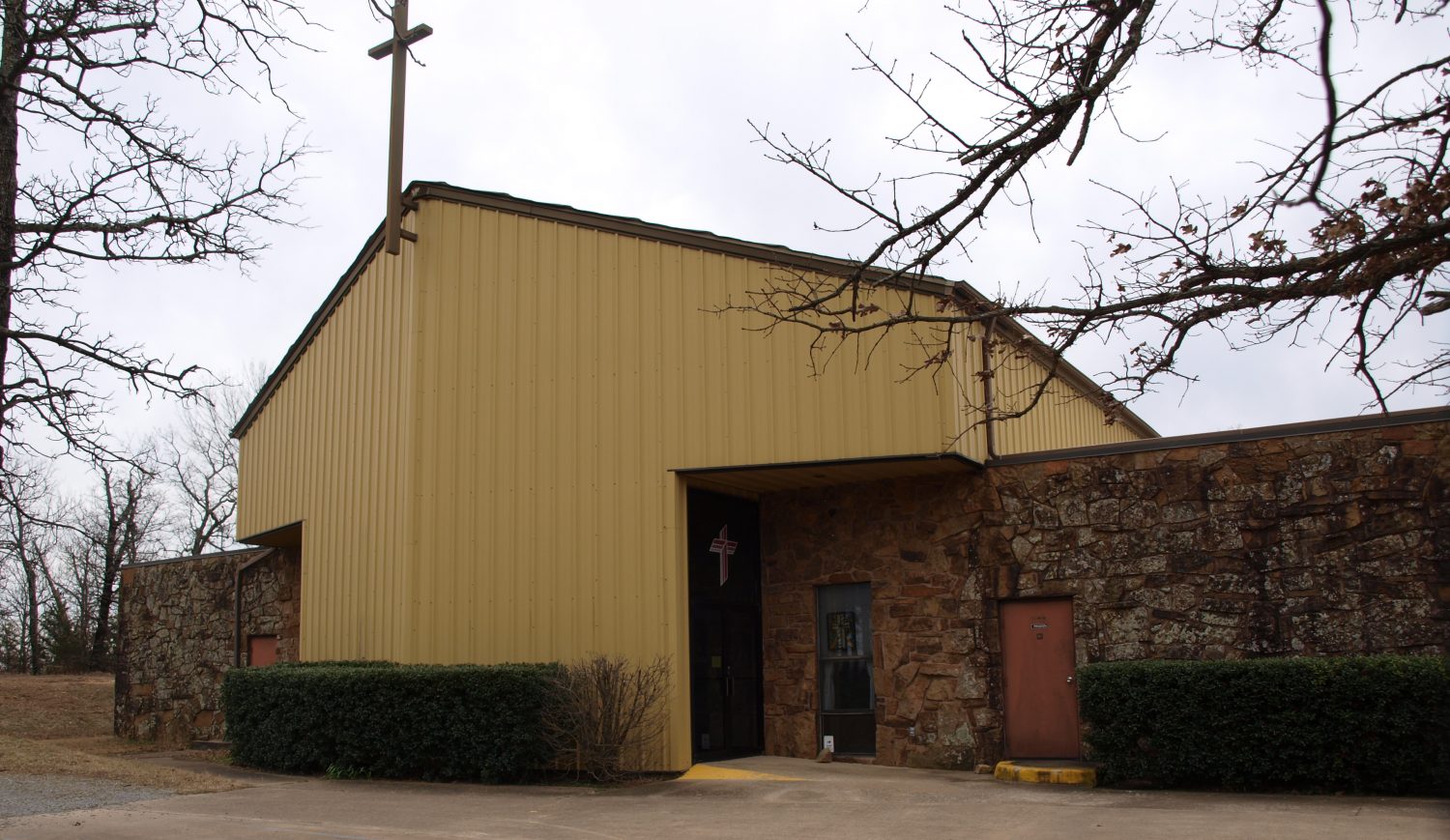Sin origins
In the beginning, God created …. It was paradise – perfect, sinless humans in a perfect, holy world. He gave them one rule to follow to show their love and trust for him. “Don’t eat the fruit of The Tree.” But they ate it anyway because they wanted to be like God, knowing good and evil (Genesis 3) (they didn’t know evil before). That first sin corrupted everything God had made perfect; and God cursed Adam and Eve and the whole earth (universe) with brokenness. Since then, people struggle to keep from sinning against God and each other. That is, they don’t’ show love for God or humans. If they did show perfect love as God does, then all would be the Garden Eden again. Jesus promises to restore “all things” when he comes again to judge all people and things.
Sin defined and described
Meanwhile, we live in a world where God’s will to love one another needs lots of definition and examples. He gave his chosen people, Israel, the Ten Commandments (Exodus 20). He gave them lots more direction in the books of Leviticus and Deuteronomy. Jesus and the apostles refined them in the New Testament books. Most of these rules/laws are helpful to guide people to act right toward one another and God. Some are ceremonial and later were abolished when Jesus died and rose again. (e.g. the sacrifices, the temple rites, later added rules to keep the Sabbath). Sound confusing? It is unless you have a church scholar trained in Old Testament and New Testament to help understand them. Plus, there’s Jesus’ statement in Matthew that he came “not to abolish the law, but to fulfill it.” Unpacking that phrase takes a knowledge of the whole Bible and what Jesus does to save people from their sins.
Jesus also simplified what is sinful — what is the law as summed up in the Old Testament — the law and the prophets: “… love the Lord your God for your heart, with all your soul, and with all your mind, and love your neighbor as yourself.” (Mat. 22:36-40)
“The church” helps us to expand on “the law” in the Ten Commandments with the Catechism (particularly Catholics and Lutherans). These books bring in many aspects of each commandment to help us know both what to do and what not to do. As an example, I’ve pulled in from Luther’s Small Catechism, The Eighth Commandment. You shall not give false testimony against your neighbor. What does this mean? We should fear and love God so that we do not tell lies about our neighbor, betray him, slander him, or hurt his reputation, but defend him, speak well of him, and explain everything in the kindest way.[1] (Luther. (2017). Luther’s Small Catechism with Explanation (p. 14). Concordia Publishing House.)
What to do about sin
Now, to the person that wants to know what to do about a particular act they feel guilty about as it might be sin, ask a Lutheran pastor. They have training, knowledge and experience to discern and apply God’s law; and to offer the saving Gospel of forgiveness in private confession and absolution — a confidential process.
Sin defined. Sin is an act committed or omitted towards another person, yourself, or God that is not loving.
[1] Luther. (2017). Luther’s Small Catechism with Explanation (p. 14). Concordia Publishing House.
